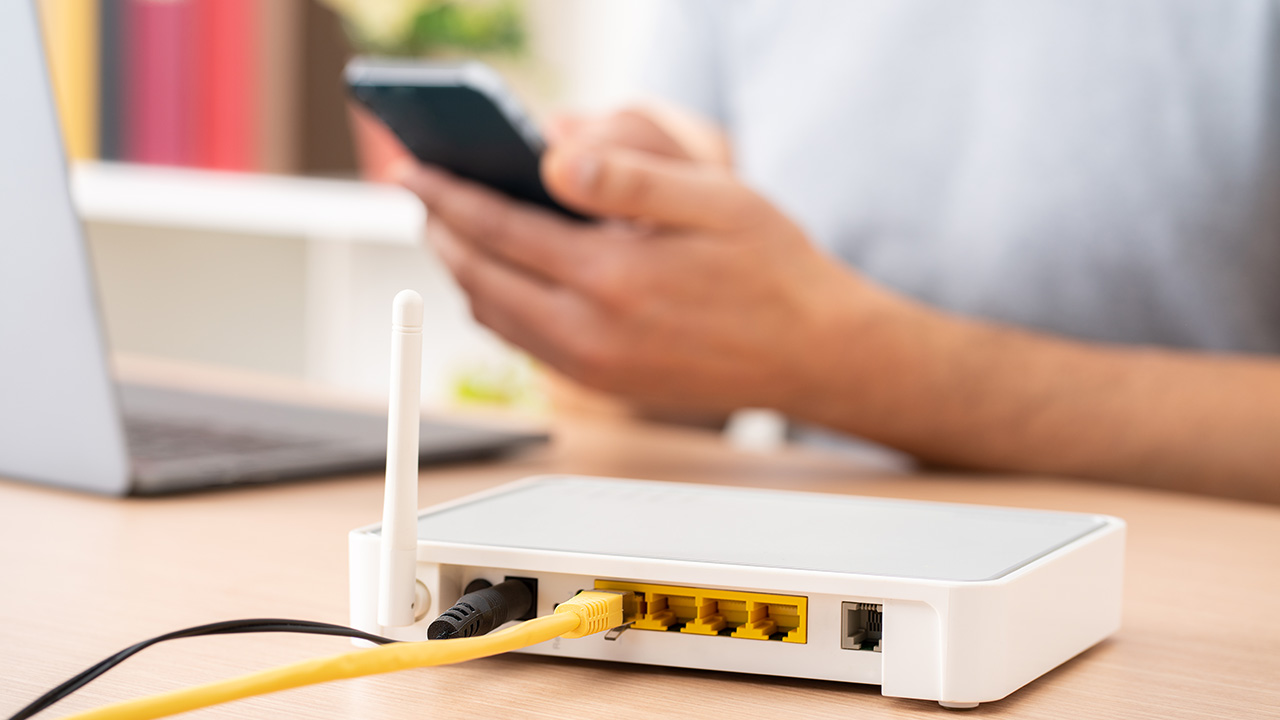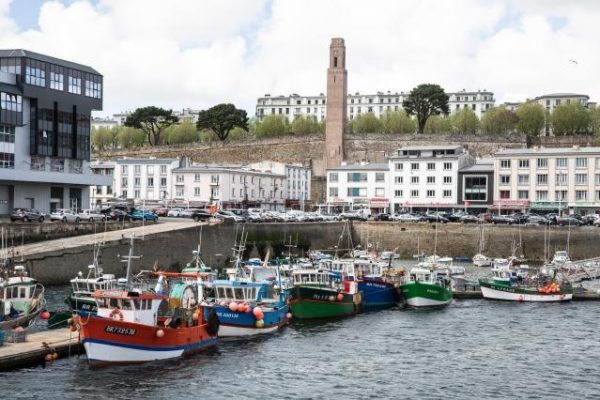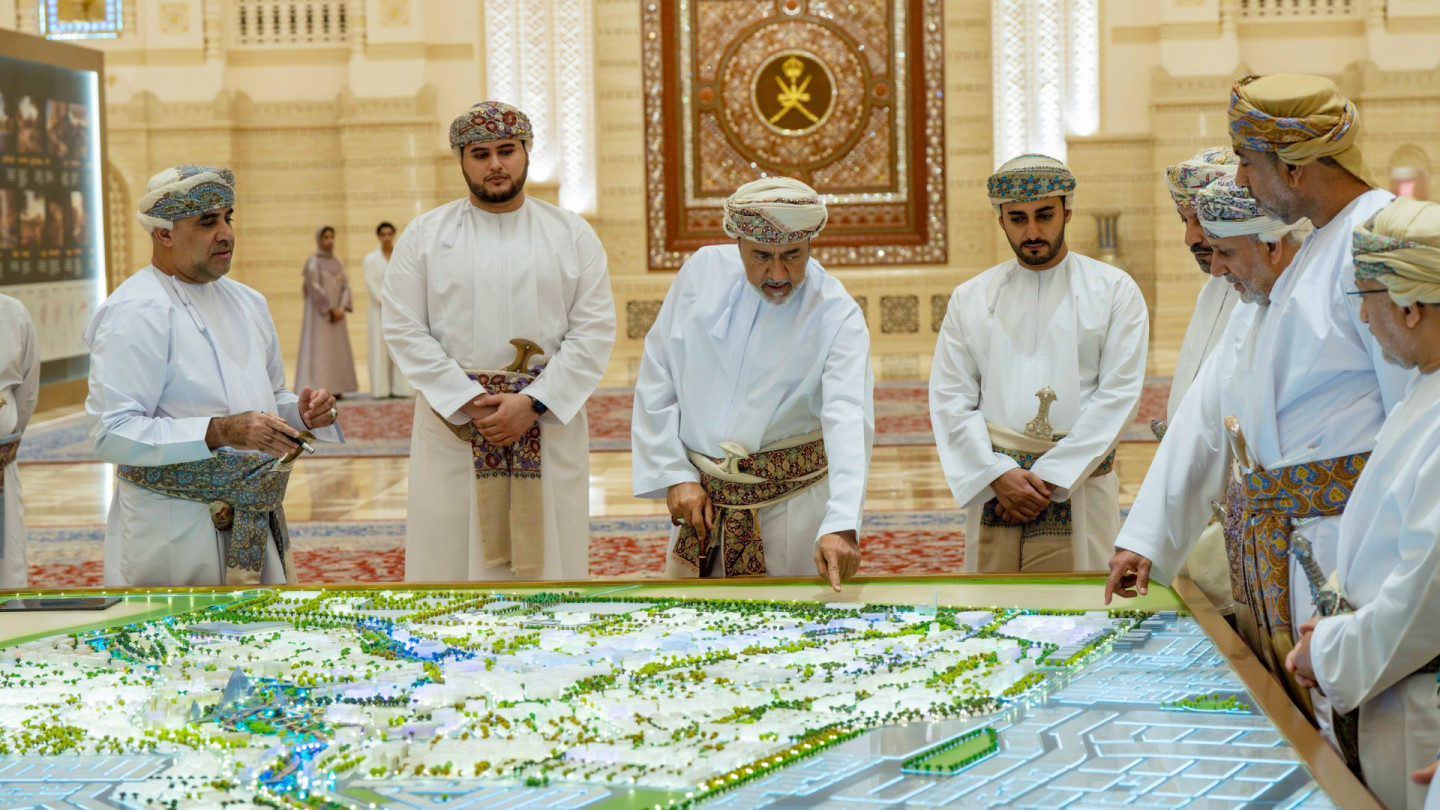Northeast fishery managers look to improve sampling – National Fisherman

Report on the State-Federal Commercial Landings Sampling Workshop and its Alignment with Sustainable Development Goals
Executive Summary
An online workshop scheduled for September 22–23, 2025, will address a critical challenge to sustainable fisheries management in the Northeast United States. The workshop, organized by the Northeast Region Coordinating Council, aims to counteract the negative impacts of reduced biological sampling of commercial fisheries landings, a trend that jeopardizes the scientific integrity of fish stock assessments. This initiative directly supports the implementation of the United Nations Sustainable Development Goals (SDGs), particularly SDG 14 (Life Below Water) and SDG 17 (Partnerships for the Goals), by fostering a collaborative, data-driven approach to marine resource management.
Threats to Sustainable Fisheries Management (SDG 14)
The Northeast Fisheries Science Center has identified a marked decline in biological sampling since 2019. This reduction presents a significant threat to the region’s ability to meet the objectives of SDG 14: Life Below Water. Specifically, it undermines Target 14.4, which calls for the implementation of science-based management plans to end overfishing and restore fish stocks to sustainable levels.
- Data Integrity: Biological sampling provides the essential scientific data on the size and age composition of commercial landings.
- Stock Assessments: Without robust data, the accuracy of analytic stock assessments is compromised, hindering effective management by bodies like the Atlantic States Marine Fisheries Commission and the New England and Mid-Atlantic Fishery Management Councils.
- Economic and Food Security Implications: Inaccurate assessments can lead to unsustainable fishing practices, threatening the long-term viability of fisheries that are crucial for local economies (SDG 8: Decent Work and Economic Growth) and regional food security (SDG 2: Zero Hunger).
A Collaborative Approach to Data Integrity (SDG 17)
The workshop represents a vital multi-stakeholder effort, embodying the principles of SDG 17: Partnerships for the Goals. The initiative is spearheaded by the Northeast Region Coordinating Council, a body established in 2001 to coordinate scientific and management resources.
The council’s membership demonstrates a strong regional partnership:
- Atlantic States Marine Fisheries Commission
- National Marine Fisheries Service’s Greater Atlantic Regional Fisheries Office
- Mid-Atlantic Fishery Management Council
- New England Fishery Management Council
- Northeast Fisheries Science Center
This collaboration between federal, state, and regional entities is essential for standardizing sampling practices and creating a more resilient data collection framework across all ports from Maine to North Carolina.
Workshop Objectives and SDG Alignment
The State-Federal Commercial Landings Sampling Workshop is designed as a foundational step to enhance data collection and coordination. The primary objectives are directly aligned with achieving sustainable management of marine resources as outlined in the SDGs.
- Promote Information Exchange: Facilitate the sharing of information regarding sampling activities among state and federal programs to build collective knowledge, supporting evidence-based policymaking (SDG 14).
- Share Sampling Technology: Encourage the dissemination of technological advancements among programs to improve efficiency and accuracy in data collection.
- Evaluate Funding Dependency: Assess the collective reliance of sampling programs on various funding sources to identify vulnerabilities and ensure long-term financial sustainability for this critical scientific work.
- Generate Recommendations: Develop actionable recommendations to improve sampling coordination and data accessibility, thereby strengthening the scientific basis for fisheries management in alignment with SDG 14.4.
By achieving these objectives, the workshop aims to augment federal sampling programs with supplemental state-level efforts, leading to a significant improvement in the characterization of landings data used for regional stock assessments.
Analysis of Sustainable Development Goals (SDGs) in the Article
1. Which SDGs are addressed or connected to the issues highlighted in the article?
-
SDG 14: Life Below Water
This goal is central to the article, which focuses on the management and scientific assessment of marine resources. The text discusses the “reduced sampling of commercial fisheries landings” and the threat this poses to “stock assessment integrity.” This directly relates to the conservation and sustainable use of marine life, specifically fish stocks in the Northeast region of the United States.
-
SDG 17: Partnerships for the Goals
The article highlights a collaborative effort to address the issue of reduced sampling. It describes the “Northeast Region Coordinating Council,” which brings together multiple federal and state agencies, including the Atlantic States Marine Fisheries Commission and the National Marine Fisheries Service. The planned workshop is an explicit example of a partnership aimed at coordinating resources, sharing information, and standardizing practices to achieve a common objective.
2. What specific targets under those SDGs can be identified based on the article’s content?
-
Targets under SDG 14: Life Below Water
- Target 14.4: “By 2020, effectively regulate harvesting and end overfishing… and implement science-based management plans, in order to restore fish stocks…”
The article’s entire premise is based on strengthening the scientific foundation for fisheries management. The concern that reduced sampling “threatens to undermine the integrity of analytic stock assessments” directly connects to the need for robust, science-based plans to regulate harvesting effectively. The workshop’s goal to improve the “characterization of landings data used to assess stocks” is a critical step in implementing such plans. - Target 14.a: “Increase scientific knowledge, develop research capacity and transfer marine technology…”
The workshop aims to address this target by creating a platform to “promote information exchange relative to sampling activities,” “share sampling technology among programs,” and “generate recommendations to improve sampling coordination and data accessibility.” These actions are designed to increase scientific knowledge and enhance the research capacity of the involved state and federal agencies.
- Target 14.4: “By 2020, effectively regulate harvesting and end overfishing… and implement science-based management plans, in order to restore fish stocks…”
-
Targets under SDG 17: Partnerships for the Goals
- Target 17.16: “Enhance the… multi-stakeholder partnerships that mobilize and share knowledge, expertise, technology and financial resources…”
The collaboration described in the article is a multi-stakeholder partnership among various federal and state bodies. The workshop is a mechanism to “mobilize and share knowledge” (information exchange), “technology” (sharing sampling tech), and “financial resources” (evaluating dependency on funding sources), which aligns perfectly with this target. - Target 17.17: “Encourage and promote effective public, public-private and civil society partnerships…”
The article details an effective public-public partnership through the Northeast Region Coordinating Council, which was formed to “prioritize, communicate, and coordinate fisheries scientific and management resources.” The joint effort to organize a workshop to solve a shared problem demonstrates the promotion and encouragement of such partnerships.
- Target 17.16: “Enhance the… multi-stakeholder partnerships that mobilize and share knowledge, expertise, technology and financial resources…”
3. Are there any indicators mentioned or implied in the article that can be used to measure progress towards the identified targets?
-
Indicators for SDG 14 Targets
- Implied Indicator for Target 14.4: The article implies the need for data to support Indicator 14.4.1 (Proportion of fish stocks within biologically sustainable levels). While not stating a value, the text’s focus on the “integrity of analytic stock assessments” and “characterization of landings data” refers directly to the scientific processes required to measure this indicator. The decline in “biological sampling” is presented as a direct threat to the ability to accurately report on the status of fish stocks.
- Implied Indicator for Target 14.a: The article implies a focus on Indicator 14.a.1 (Proportion of total research budget allocated to research in the field of marine technology). One of the workshop’s stated goals is to “evaluate the collective dependency of our landings sampling programs on various sources of funding.” This points to a concern about the allocation of financial resources for the scientific sampling activities essential for marine research.
-
Indicators for SDG 17 Targets
- Qualitative Indicator for Target 17.16 & 17.17: The article provides qualitative evidence of progress. The existence and activities of the “Northeast Region Coordinating Council” and the organization of the “State-Federal Commercial Landings Sampling Workshop” serve as indicators of a functioning multi-stakeholder partnership. The specific goals of the workshop—such as promoting information exchange and sharing technology—are measurable outcomes that demonstrate the partnership’s effectiveness in mobilizing and sharing knowledge and resources.
4. Create a table with three columns titled ‘SDGs, Targets and Indicators” to present the findings from analyzing the article.
| SDGs | Targets | Indicators |
|---|---|---|
| SDG 14: Life Below Water | 14.4: Effectively regulate harvesting and implement science-based management plans. | Implied: 14.4.1 – The article focuses on improving “stock assessment integrity” and “biological sampling,” which are the foundational data collection activities needed to measure the proportion of fish stocks within biologically sustainable levels. |
| 14.a: Increase scientific knowledge and develop research capacity. | Implied: 14.a.1 – The workshop’s goal to “evaluate the collective dependency of our landings sampling programs on various sources of funding” relates to the allocation of research budgets for marine science. | |
| SDG 17: Partnerships for the Goals | 17.16: Enhance multi-stakeholder partnerships that mobilize and share knowledge, expertise, and technology. | Qualitative: The existence of the “Northeast Region Coordinating Council” and the workshop’s aims to “promote information exchange” and “share sampling technology” serve as direct evidence of this partnership in action. |
| 17.17: Encourage and promote effective public partnerships. | Qualitative: The collaboration between federal and state agencies (“Atlantic States Marine Fisheries Commission,” “National Marine Fisheries Service,” etc.) to address a common challenge is a clear indicator of an effective public-public partnership. |
Source: nationalfisherman.com

What is Your Reaction?
 Like
0
Like
0
 Dislike
0
Dislike
0
 Love
0
Love
0
 Funny
0
Funny
0
 Angry
0
Angry
0
 Sad
0
Sad
0
 Wow
0
Wow
0



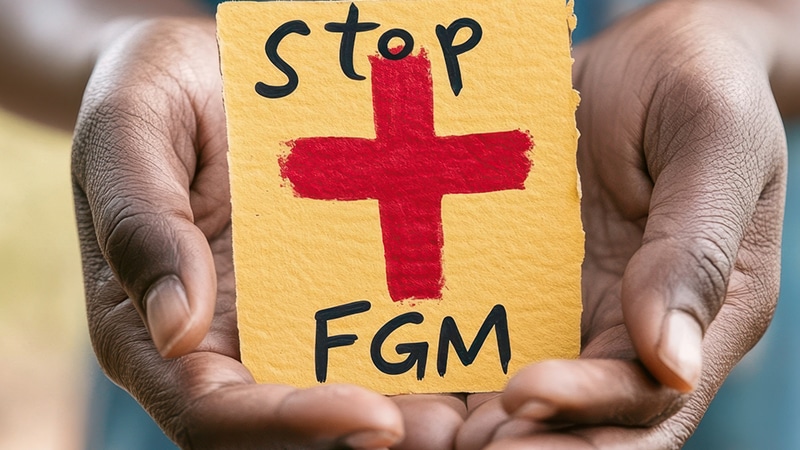

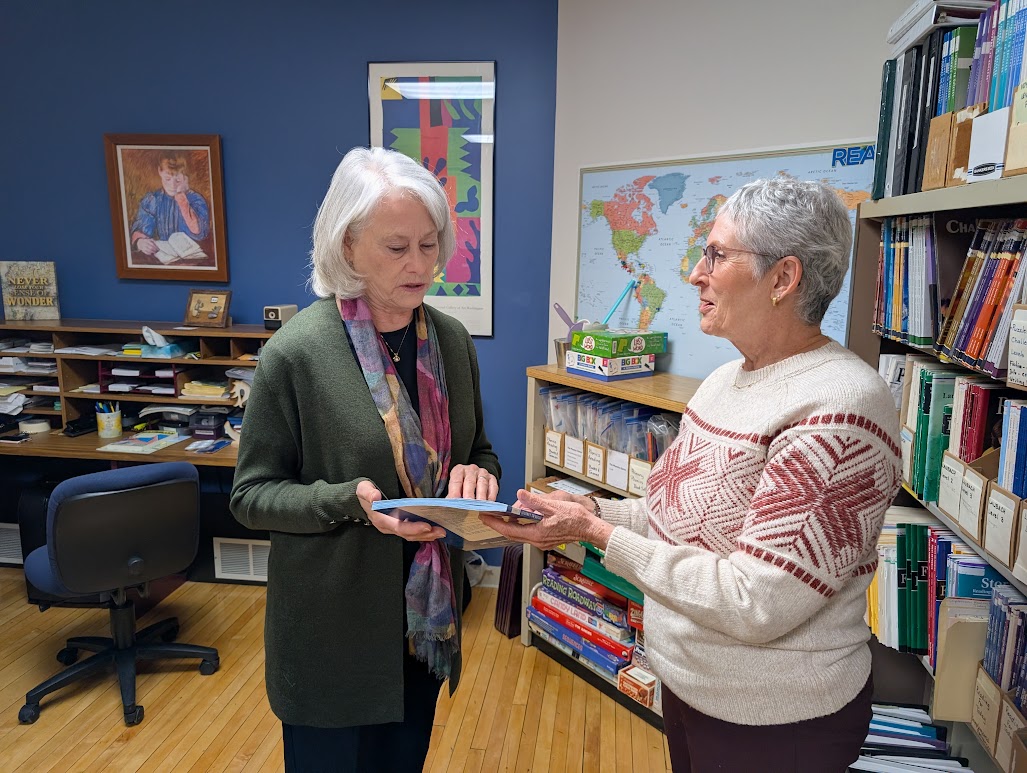




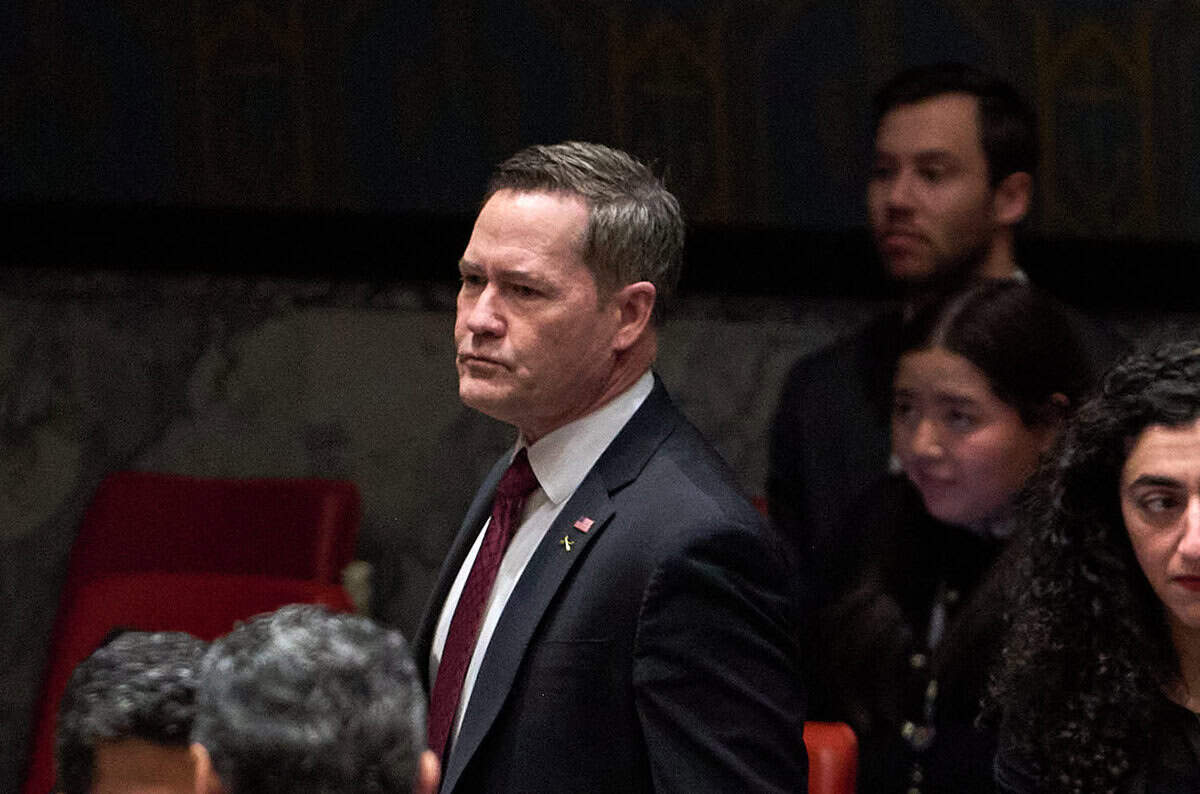




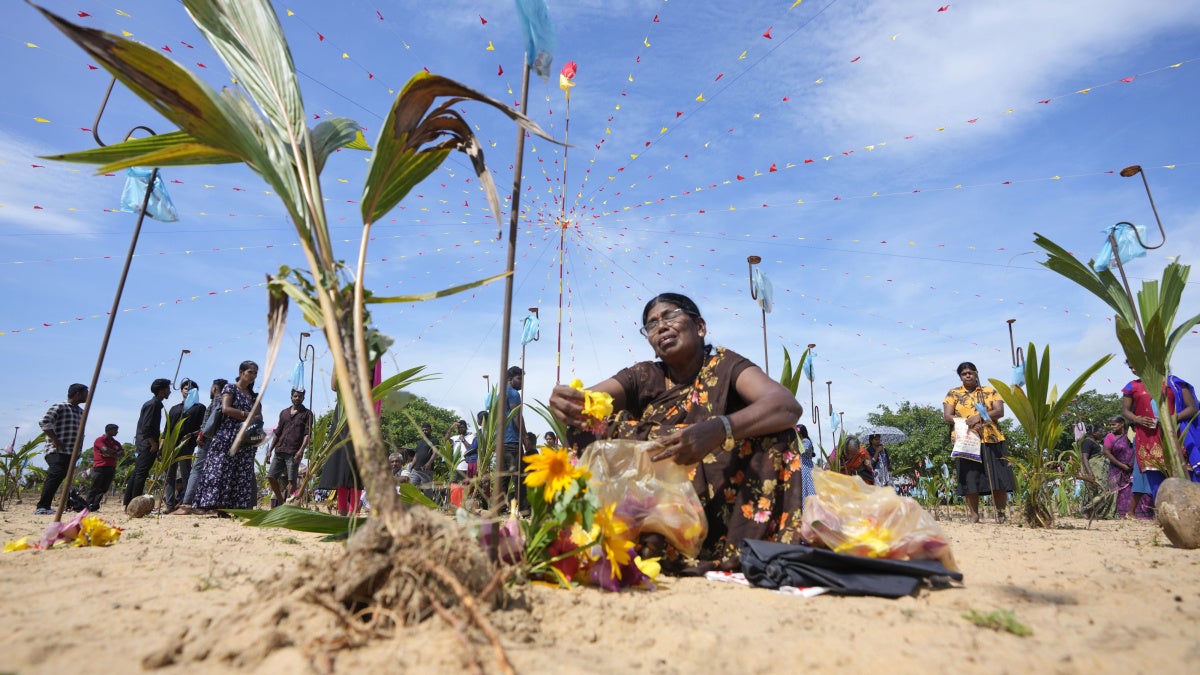












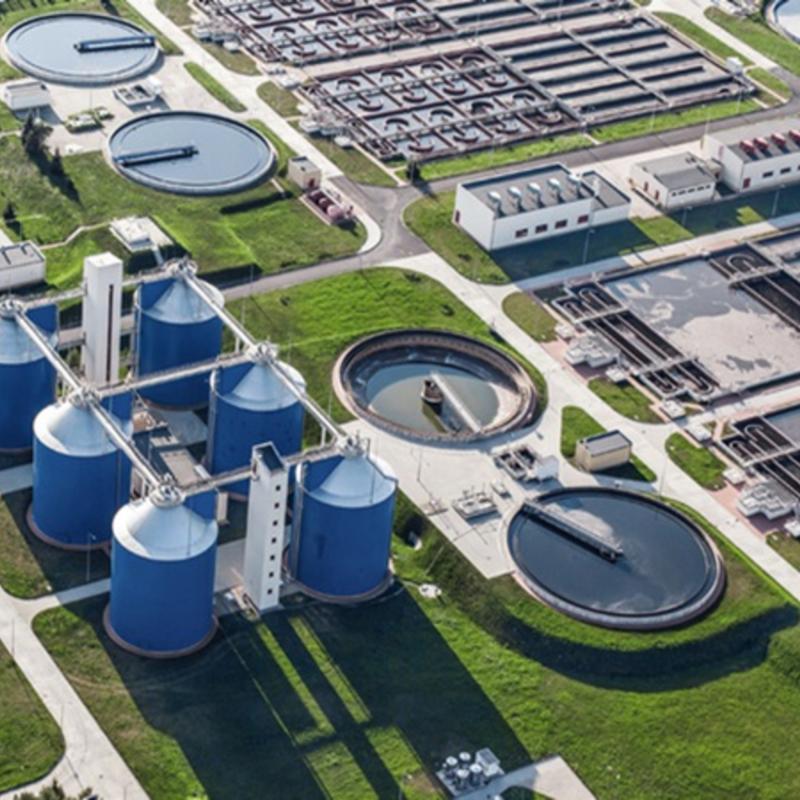






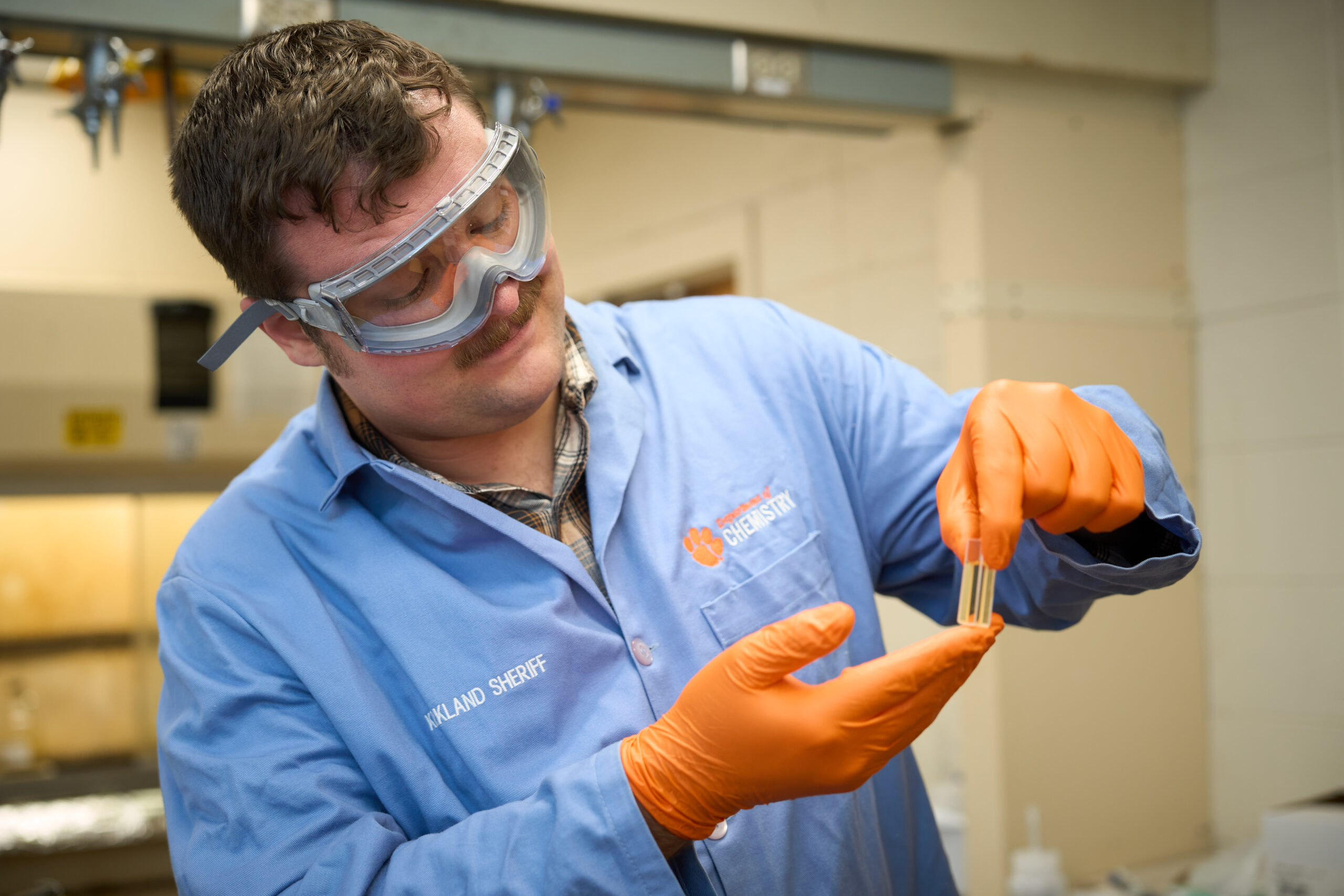






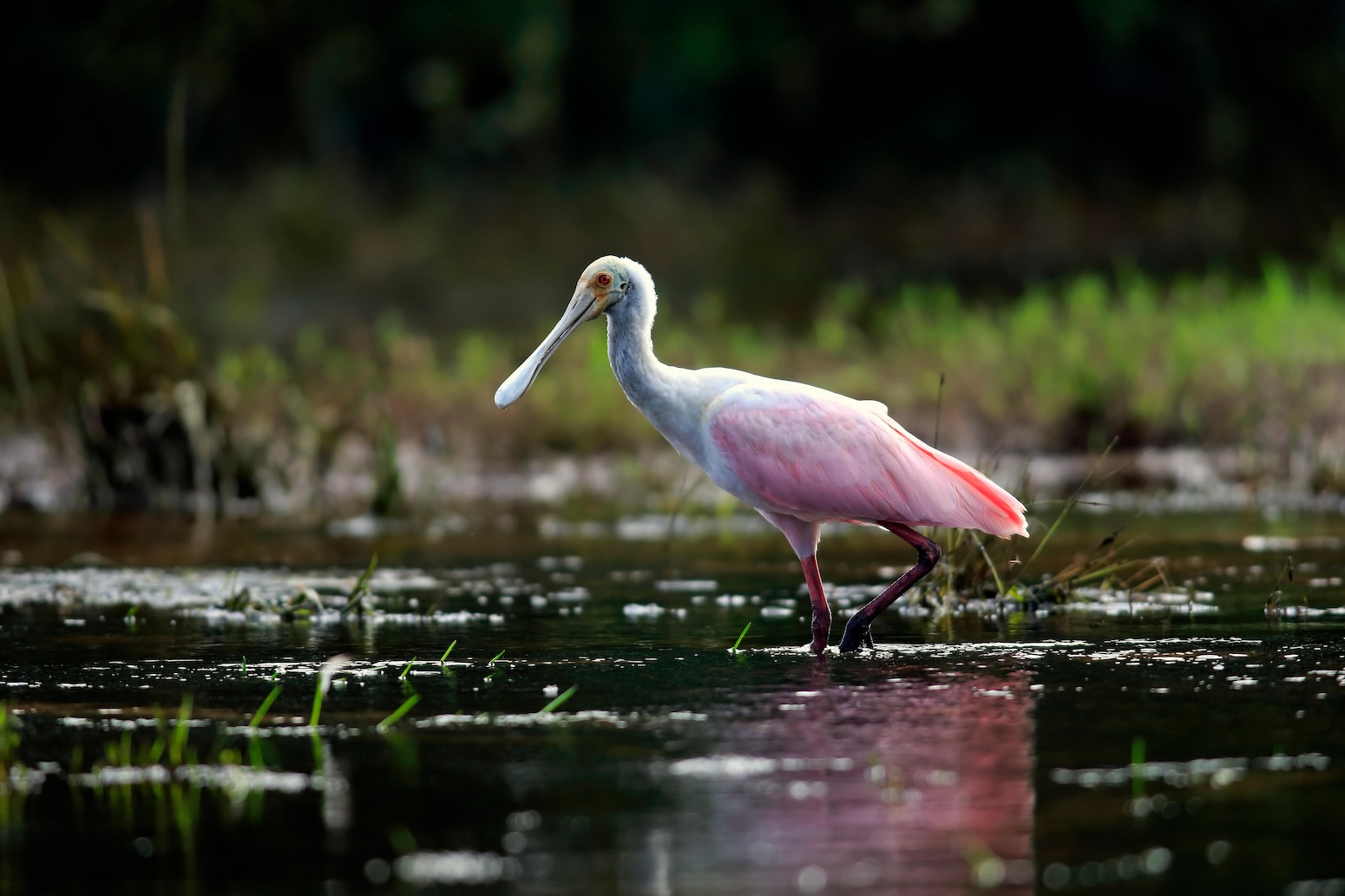

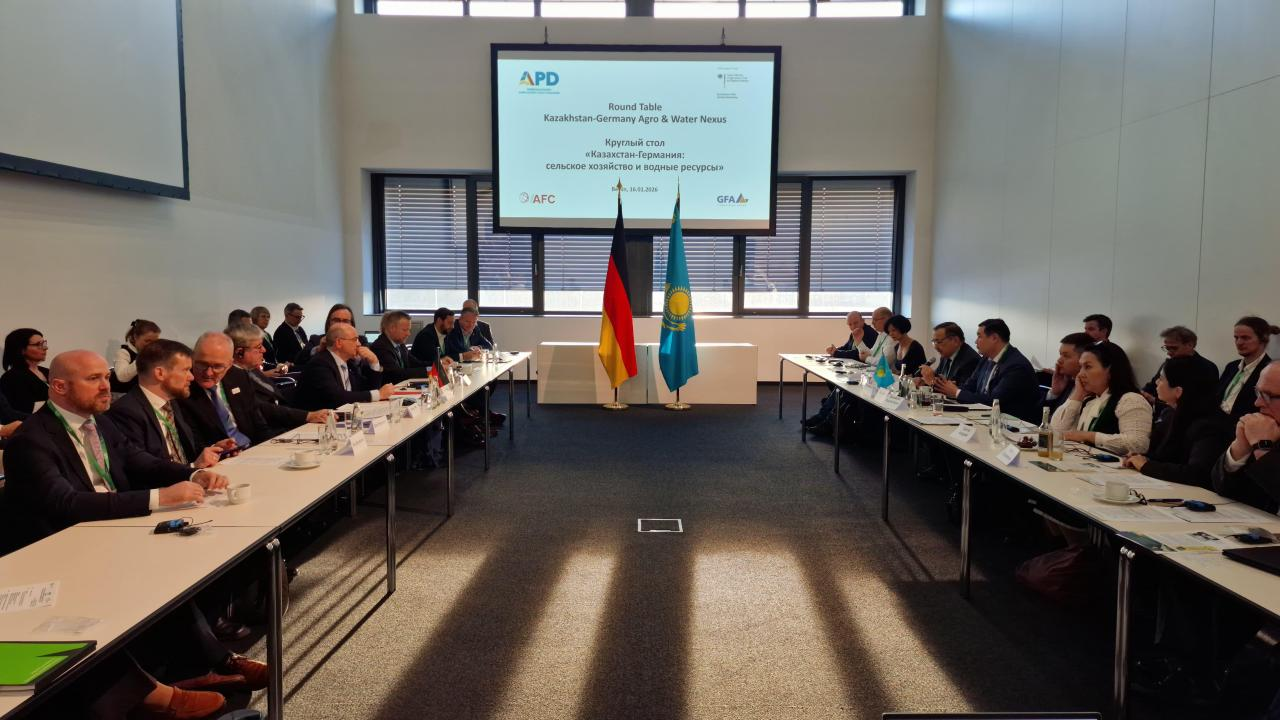



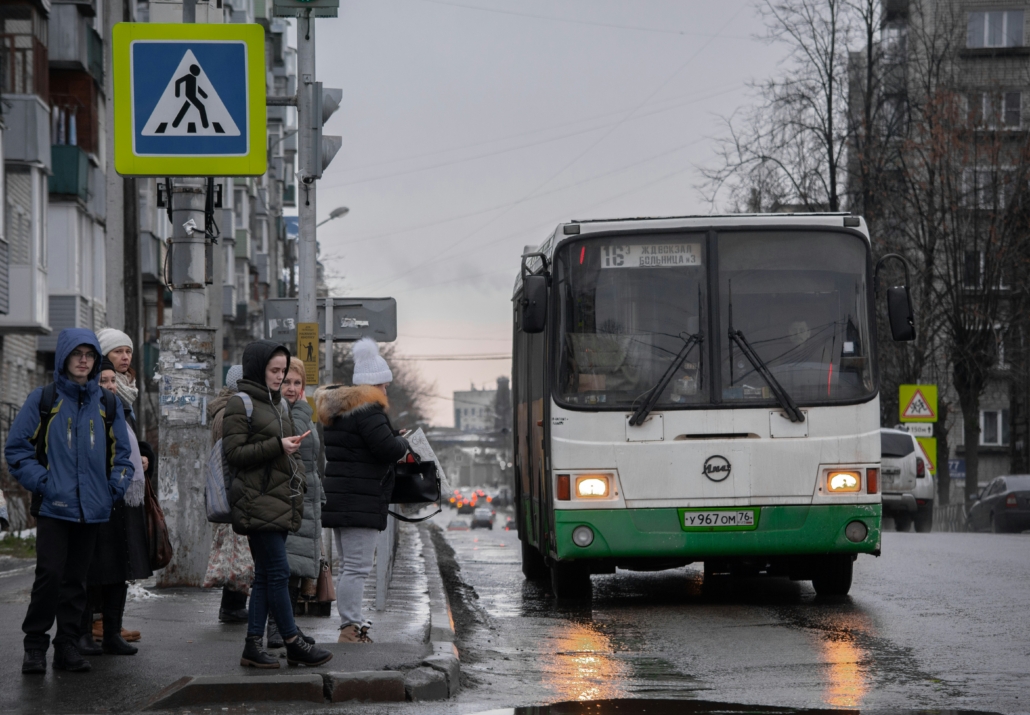



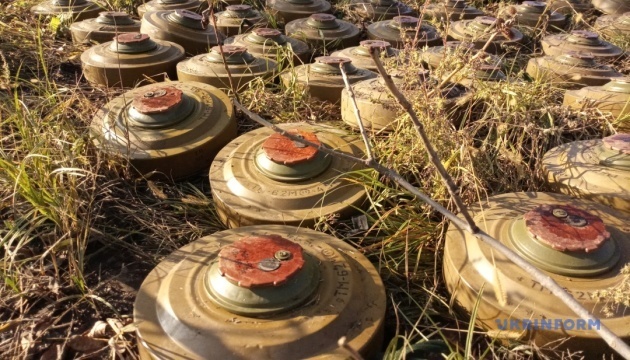
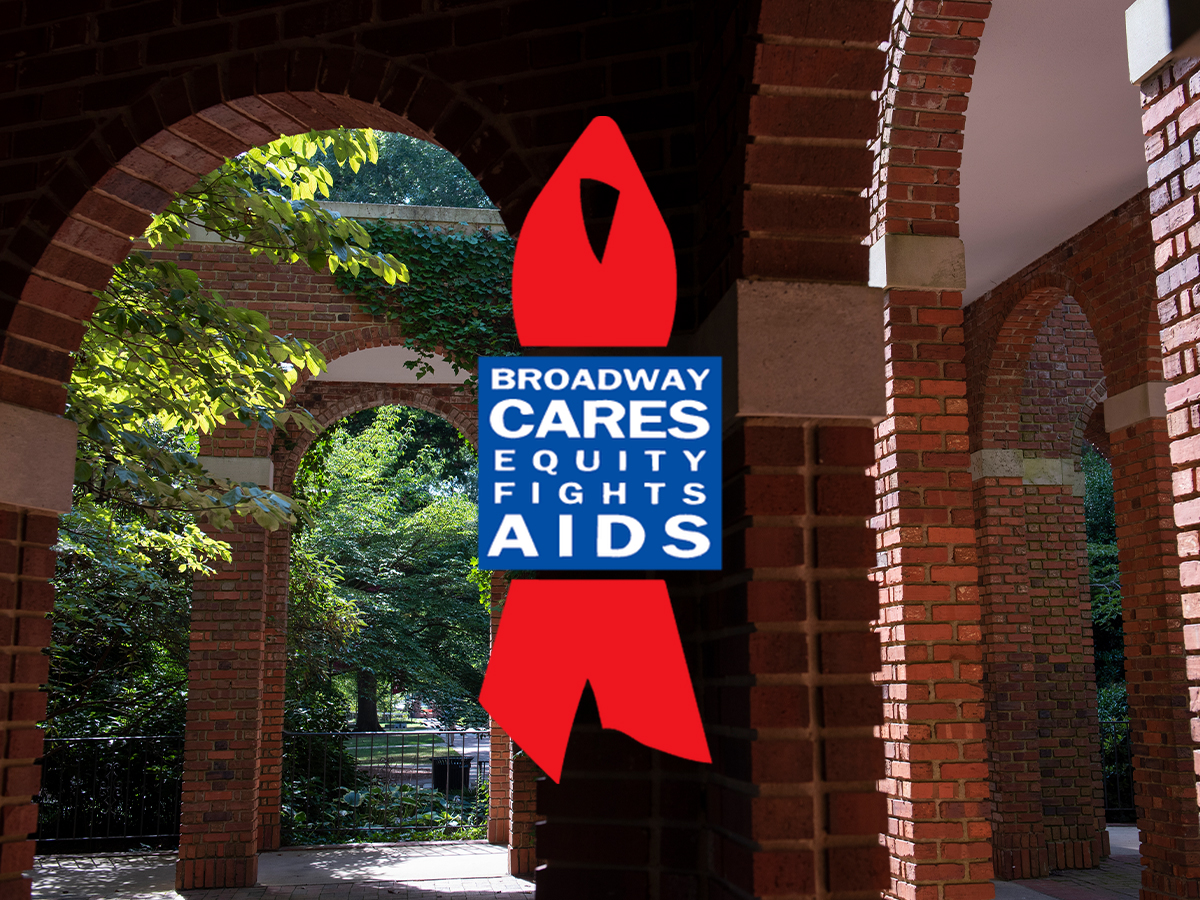
;Resize=620#)




